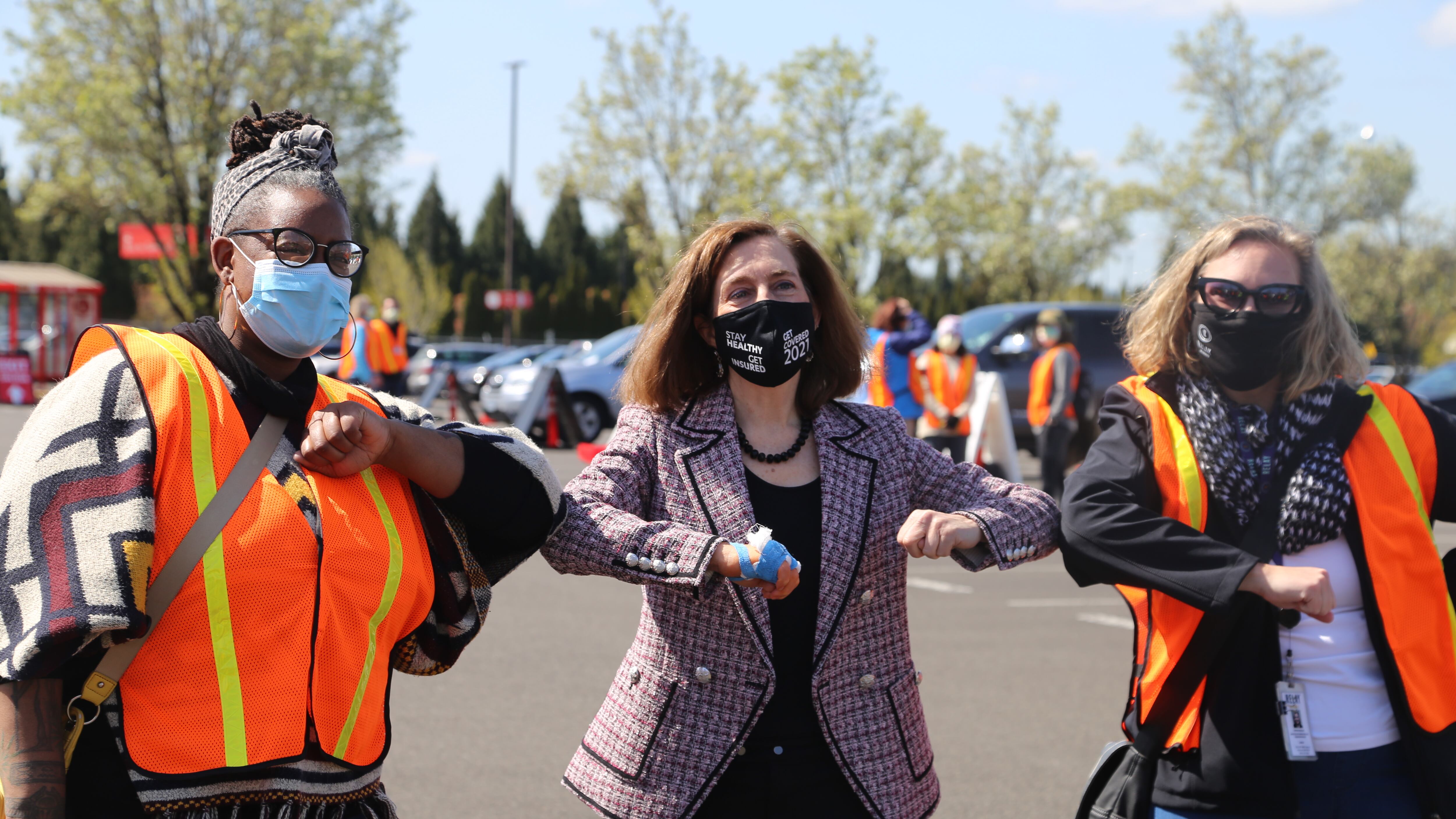If, as you say, all the vaccines have a 100% success rate at preventing hospitalizations and death [Dr. Know, WW, April 7, 2021], why am I seeing reports that several Oregonians kicked the bucket after getting a shot? I want to live! —Seeking the Grail
Remember when the pandemic started and we were all, “OMG! Give us a vaccine!” and science was like, “OK, but it takes 15 years,” and everybody was like, “Nuh-uh, NOW! Just skip some steps!” and science was like, “Umm...?” Well, here we are!
From a distance, it seems scientists take an almost masochistic pride in being uncertain about stuff any normal person would consider a lead-pipe cinch. The Pfizer Phase 3 trial had 43,000 subjects—how much more sure do you need to be?
Let’s consider: Of those 43,000 people, half got a placebo. Of the 21,500 that got the real vaccine, just eight got COVID. Of those eight cases, none wound up in the hospital or the morgue, so in this trial the vaccine was 100% effective at preventing those outcomes.
Now, however, we have better data: Over 700,000 Oregonians have been fully vaccinated. Of these, three have perished of COVID, meaning the vaccines’ effectiveness at preventing mortality is actually only 99.9996%. Willamette Week regrets the error.
In fairness, if you calculate it a different way, that effectiveness is only 99.3%—when literally nobody in an experiment has the good manners to die, it makes it hard to tell what they divided by what to get 100%. Still, if the main methodological problem with your lifesaving medical research is the fact that nobody died, I’d put that in the category of a pretty good problem to have.
The truth is that when you roll out a public health intervention on this scale, there will always be some rare, outlier effects—1 in 230,000 fully vaccinated mortality, 1 in 1,000,000 clotting disorders, etc.—that don’t show up in your initial research precisely because they’re so rare as to be statistically (if not—ahem— politically) insignificant.
Who knows? Maybe 10 years from now we’ll learn that 0.000001% of the people who got this or that jab are doomed to grow antlers. Given the overwhelming benefits of vaccination as a whole, I’m more than happy to take that risk. (Then again, I happen to look good in antlers.)
Questions? Send them to dr.know@wweek.com.

